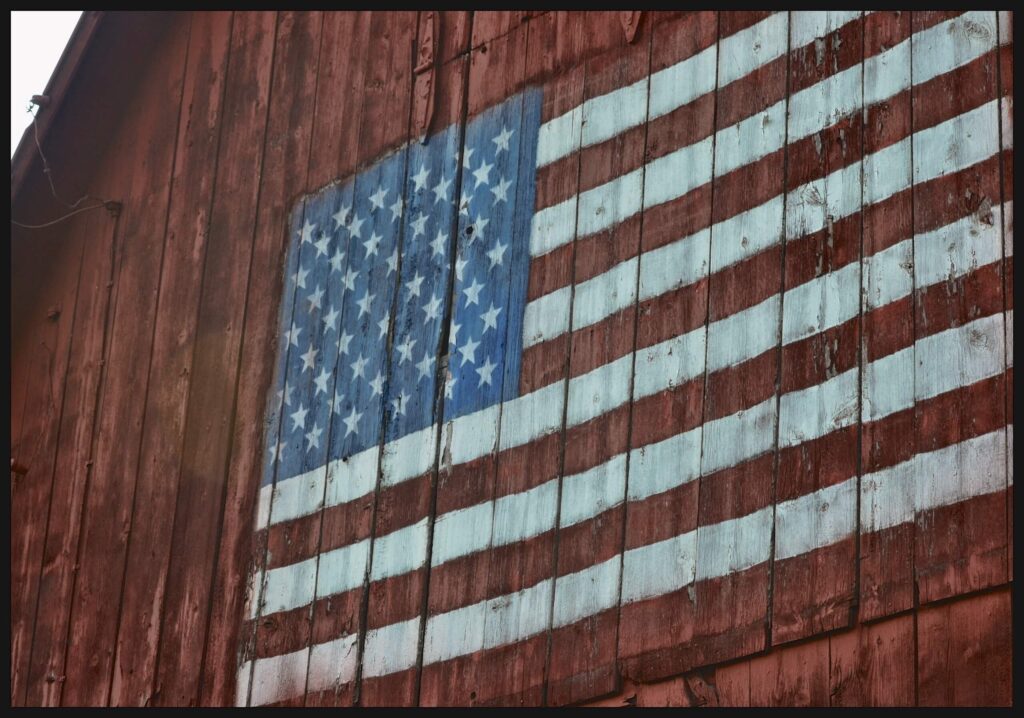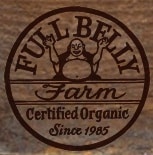
bump gate img2 5 1.jpg
The FVC, as it’s popularly known, was founded in 2008. The agencies’ primary goal was ensuring a seamless transition into farming for military veterans. It is a non-profit and non-governmental organization based in Davis, California. Above all, the agencies’ mantra and community involvement are about empowering American veterans to remain major social contributors by feeding the people of their country.
To give you a little background, a military transition or veteran transition refers to the change from military life to civilian status. This can be an incredibly difficult process, and challenge the mental and physical endurance of our countries’ heroes after they return home from war.
Many veterans end up divorced or homeless. They may struggle to transition back to normal life and provide for their families, as many are dealing with the effects of the gruesome daily reality they experienced living in a war zone.
This is a challenge that few agencies have the resources or experience to tackle. Far from a simple transition like job relocation, this move from active duty to veteran or retiree marks the beginning of an entirely new life.
Everything You Need to Know About the Farm Vet Co
Founder Michael O’Gorman instilled his vision of giving new purpose to former military personnel with the organization, by providing resources and guidance on becoming a farmer post-military career.
Thus, since the agencies’ inception, it has helped hundreds successfully turn a new leaf and become successful in farming. Further, the coalition focuses on providing healthy food for the community while teaching coping mechanisms and getting vets back into a peaceful balance with nature.
It does that through training and education programs that nurture farming skills, and agricultural knowledge. Likewise, the agency achieves its mission by bringing together military communities and well-established farmers, viewing both groups as our countries’ heroes in their own right.
Programs that the FVC offers:
The FVC offers several programs to its members. As a result, many are dedicated to developing specific skills in agriculture, while others promote community involvement. Here are a few of our favorites:
1) Homegrown by Heroes
This program kicked off back in January of 2013, just a few years ago. Thanks to the efforts of the Kentucky Department of Agriculture, it’s been a great success. It is available across all 50 states and encompasses north of 1,800 members. Additionally, certification for this program includes a brand moniker, which comes with the following benefits:
- It distinguishes veteran-made products, ensuring better visibility and performance in the market
- The logo invites questions from curious buyers, which encourages veterans to share their stories, thereby forging rapport and improving product loyalty.
- Similar to products labeled “Made in the USA” – veteran farmers who partake in this program have an advantage of sharing their military background with customers.
Eligibility for this program requires you to meet the following:
- Being a US Military veteran. Further, even presently serving personnel may meet the qualifications to apply.
- Be a veteran with a ‘General (Under Honorable Conditions)’ or ‘Honorable’ discharge – you cannot participate if you were dishonorably discharged.
- FYI – Service members who meet the requirements and standards of duty normally receive honorable discharges. It’s rare that someone receives a dishonorable discharge. For example, this type of discharge is usually reserved for extreme scenarios (ie. rape, murder, desertion).
- Being a member of the coalition.
Meanwhile, Homegrown by Heroes receives support from reputable names such as the American Farm Bureau, Farm Credit, and the USDA.
2) Farmer Veteran Fellowship Fund
This grant program offers financial aid to ranchers or farmers a decent time after their military service transition. Further, they must be operating a farm when they apply, and there are a few additional requirements for this one.
In addition, the awards average around $5,000, with the money paid out directly to equipment-selling vendors rather than the farmers themselves. In addition to the criteria for the above program, there are a few more eligibility requirements. These include:
- A functional business plan
- An operating agricultural business
- Cooperation with the Fellowship Program.
- That entails offering mentorship to aspiring veteran farmers and submitting progress reports every so often.
The application portal for this fund opens annually with the next date slated for February next year (2020).
3) Financing Your Farm
Operating a farm can be expensive. Starting cost of a small farm can reach $10,000. For a larger grain farm in Iowa, you need about $5 million to start. A dairy farm in Nebraska will run you about $2.6 million starting off. For a wheat farm in Kansas, it’ll cost about $4.4 million. Further, the top 10% of farmers take home an average of $126,000 per year, and 40% of American farmers are over 65.
This means that without funding, it’s almost impossible to start a farm from the ground up. In other words, unless you inherited your grandfather’s farm, it will be really expensive to run a large scale operation.
For instance, a savings of $100,000 is a lot for most small businesses. Yet, a few acres of land and a tractor will run your account dry very quickly. Not to mention, you’ll need licenses, insurance, and the actual animals, seeds, or products you want to sell. You may have some loss in the beginning due to unpredictable weather, predators, and adjusting to the learning curve. So you’re probably going to need assistive funding to get things running.
In other industries, you might just start with a booth at the local farmer’s market. However, with strict regulations by the USDA and FDA, and the necessity of land, tools, insurance, and livestock – a booth on the weekends just isn’t going to cut it.
Further, if you want to operate a large and profitable farm, it’s “go big or go home.”
Financing A Profitable Operation
As a result, you can’t really become a part-time farmer while working a day job, as there are numerous tasks in daily life that will demand your immediate attention. This isn’t a passive income, “be productive when you feel like it” line of work. And secondly, corporate farms are becoming harder to compete with.
As this program’s name suggests, it is a farm loan program. It offers experienced and trained farmers – who are former military service members – the monetary resources they need to improve the productivity of their farm operations.
Therefore, thanks to the FVC’s partnerships, members are getting more benefits than standard military transition programs. Its members can easily take out commercial loans at local Farm Credit branches via this program.
Alternatively, farmers may turn to Farm Service Agency Loans provided by the USDA.
4) Farming and Business resources
This aspect of the FVC helps budding veteran farmers find land and come up with the legal and business documents for their farm.
Furthermore, it also answers FAQs from food safety to marketing strategies, Farm Aid, and eco-friendly farming, among others. The best way to utilize this resource of the FVC is to ask as many questions as you can and connect with other local veteran farmers.
Chapters of the Farmer Veteran Coalition
There are several FVC Chapters spread across different states.
The most prominent locations are in Vermont, where the chapter was founded by Jon Turner. Additionally, the FVC also has chapters in New York, Kansas, Virginia, Indiana, Washington, Tennessee, Michigan, and West Virginia.
Chapters are more community-focused and can provide healing through farming. Specifically, there are several chapters dedicated to the servicemen and women who have served since 9/11, especially those with tours in Afghanistan and Iraq.
Consequently, this branches over into the mental health, recovery, and social support that seems to be lacking when it comes to transitional programs. Among other things, this makes the FVC one of the best veteran transition programs available to date.
Source link
2019-09-28 23:26:15
Karl Hoffman is a distinguished agriculturalist with over four decades of experience in sustainable farming practices. He holds a Ph.D. in Agronomy from Cornell University and has made significant contributions as a professor at Iowa State University. Hoffman’s groundbreaking research on integrated pest management and soil health has revolutionized modern agriculture. As a respected farm journalist, his column “Field Notes with Karl Hoffman” and his blog “The Modern Farmer” provide insightful, practical advice to a global audience. Hoffman’s work with the USDA and the United Nations FAO has enhanced food security worldwide. His awards include the USDA’s Distinguished Service Award and the World Food Prize, reflecting his profound impact on agriculture and sustainability.


